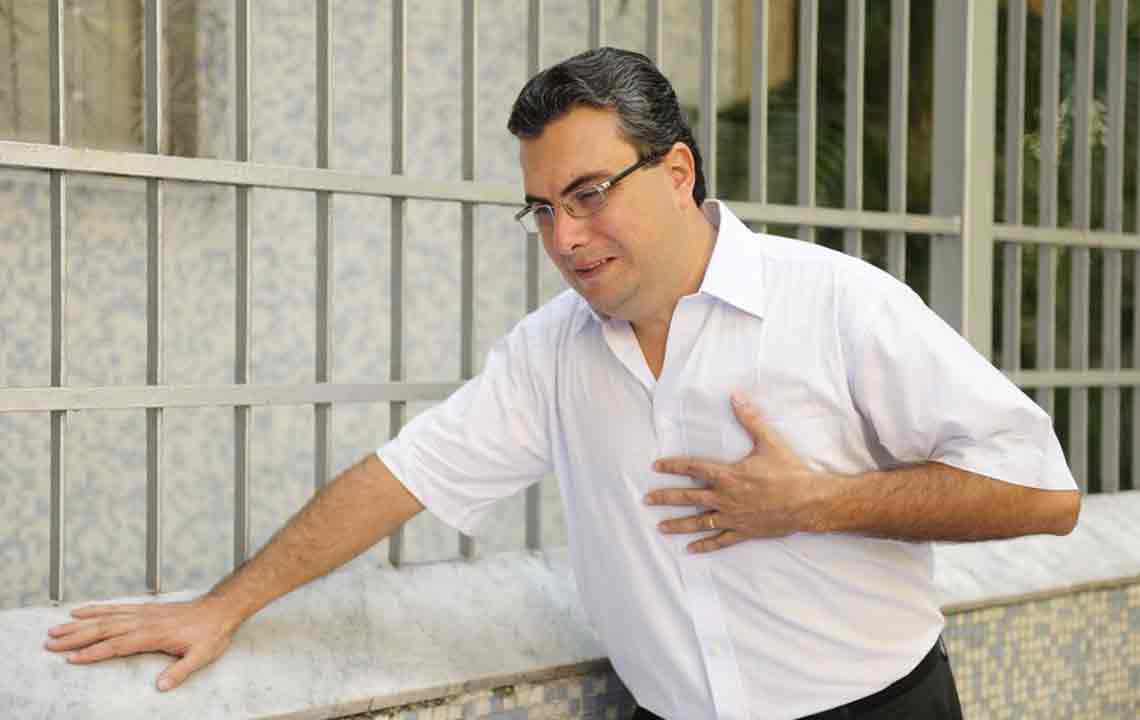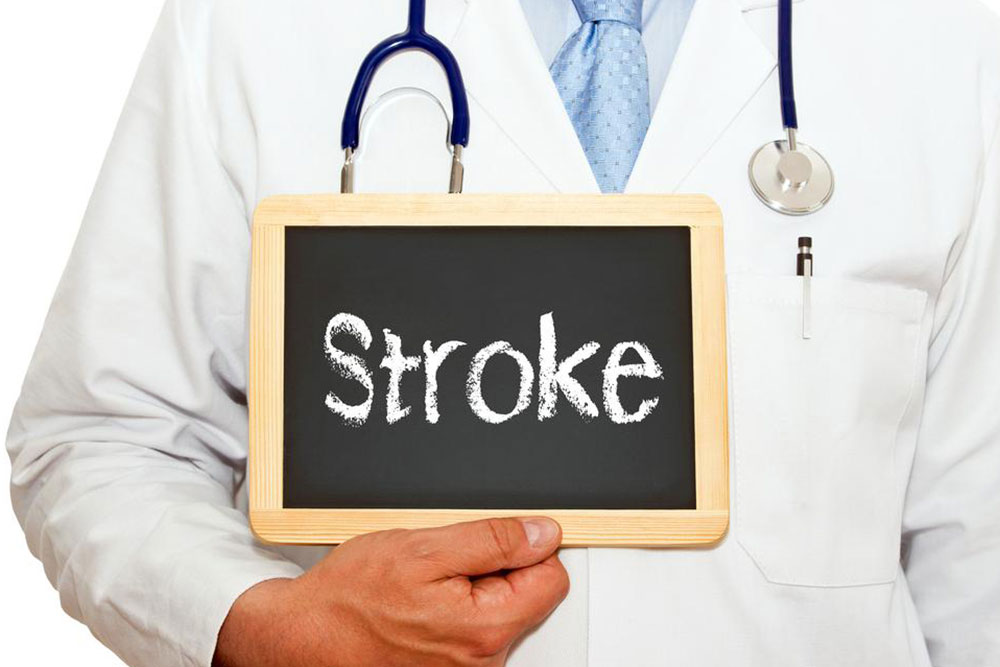Recognizing Symptoms of a Transient Ischemic Attack (Mini-Stroke)
This article highlights the key symptoms of a mini-stroke (TIA), emphasizing the importance of early recognition for prompt treatment. It covers common signs such as vision issues, speech difficulties, dizziness, face drooping, confusion, and weakness. Recognizing these symptoms quickly can prevent serious complications. The piece also discusses risk factors like high blood pressure, cholesterol, and lifestyle habits, along with essential advice on seeking immediate medical attention to reduce future stroke risk. Rapid response can be life-saving.

A transient ischemic attack (TIA), commonly called a mini-stroke, results from a temporary interruption of blood flow to the brain. Unlike major strokes, TIAs typically resolve within 24 hours without causing permanent brain damage or disabilities. However, recognizing the early warning signs is essential because a mini-stroke increases the risk of a full stroke. Symptoms can vary and include sudden vision disturbances, difficulty speaking or understanding speech, dizziness, facial numbness, confusion, and muscle weakness on one side. Prompt medical attention is crucial for effective treatment and prevention of future strokes.
Common signs to watch for include:
Temporary vision loss or blurry vision in one eye
Sudden difficulty talking or understanding speech
Feeling dizzy or unsteady
Facial drooping or numbness on one side
Confusion and trouble concentrating
Weakness or numbness in limbs, especially on one side
These symptoms often last minutes to hours but should never be ignored. Medical evaluation with MRI or CT scans can help determine the cause and guide treatment, which may involve medications to prevent clot formation or procedures to clear blocked arteries. Managing risk factors like high blood pressure, high cholesterol, smoking, obesity, diabetes, and atrial fibrillation can significantly lower the chances of experiencing a full stroke in the future.
Early detection and immediate medical response are the keys to preventing severe consequences of a mini-stroke. If you or someone nearby exhibits these signs, seek emergency care right away.










